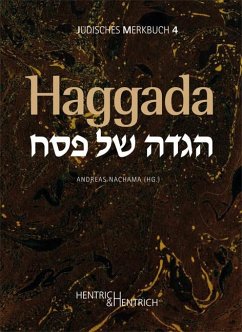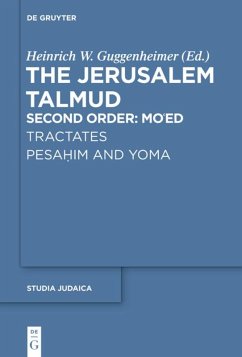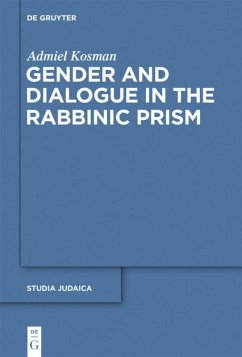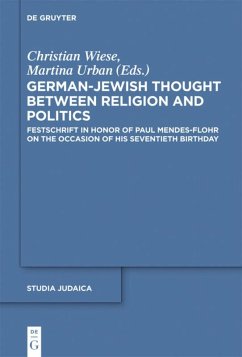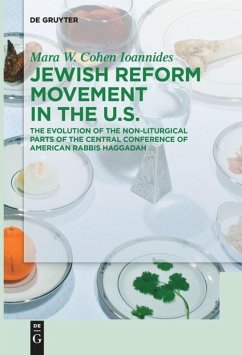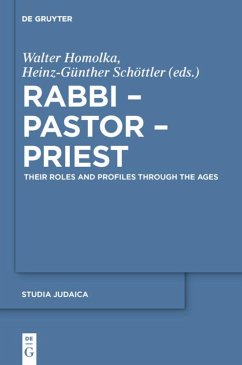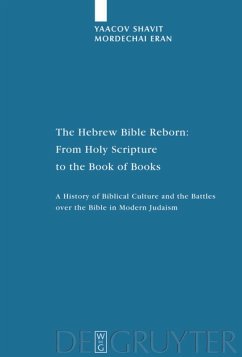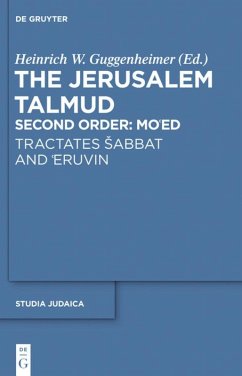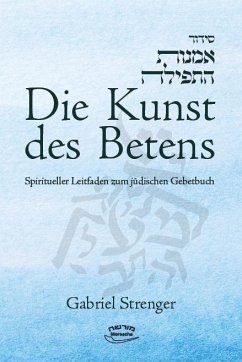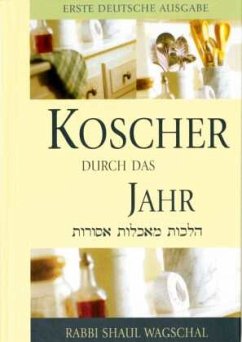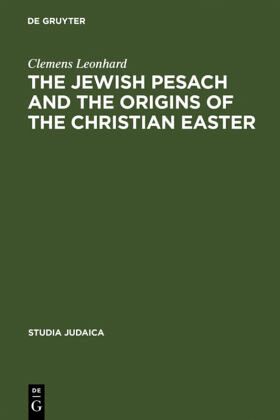
The Jewish Pesach and the Origins of the Christian Easter
Open Questions in Current Research

PAYBACK Punkte
63 °P sammeln!
The study assesses the main issues in the current debate about the early history of Pesach and Easter and provides new insights into the development of these two festivals. The author argues that the prescriptions of Exodus 12 provide the celebration of the Pesach in Jerusalem with an etiological background in order to connect the pilgrim festival with the story of the Exodus. The thesis that the Christian Easter evolved as a festival against a Jewish form of celebrating Pesach in the second century and that the development of Easter Sunday is dependent upon this custom is endorsed by the authorâ??s close study of relevant texts such as the Haggada of Pesach; the â??Poem of the four nightsâ? in the Palestinian Targum Tradition; the structure of the Easter vigil.
Die Studie arbeitet die wichtigsten aktuellen Fragen zur frühen Geschichte von Pesach- und Osterfest auf und wirft neues Licht auf die Entwicklung dieser Feste. So zeigt der Autor, dass Exodus 12 einen ätiologischen Hintergrund des Pilgerfestes zur Zeit des Zweiten Tempels gibt. Anhand relevanter Texte (Pesach-Haggada, das "Gedicht der vier Nächte" aus der palästinischen Targum-Tradition, Ostervigil) weist die Studie nach, dass das christliche Osterfest als Reaktion auf das jüdische Pesach im 2. Jahrhundert n.Chr. entstanden ist und die Entwicklung des Oster-Sonntags diesem Brauch folgt.





